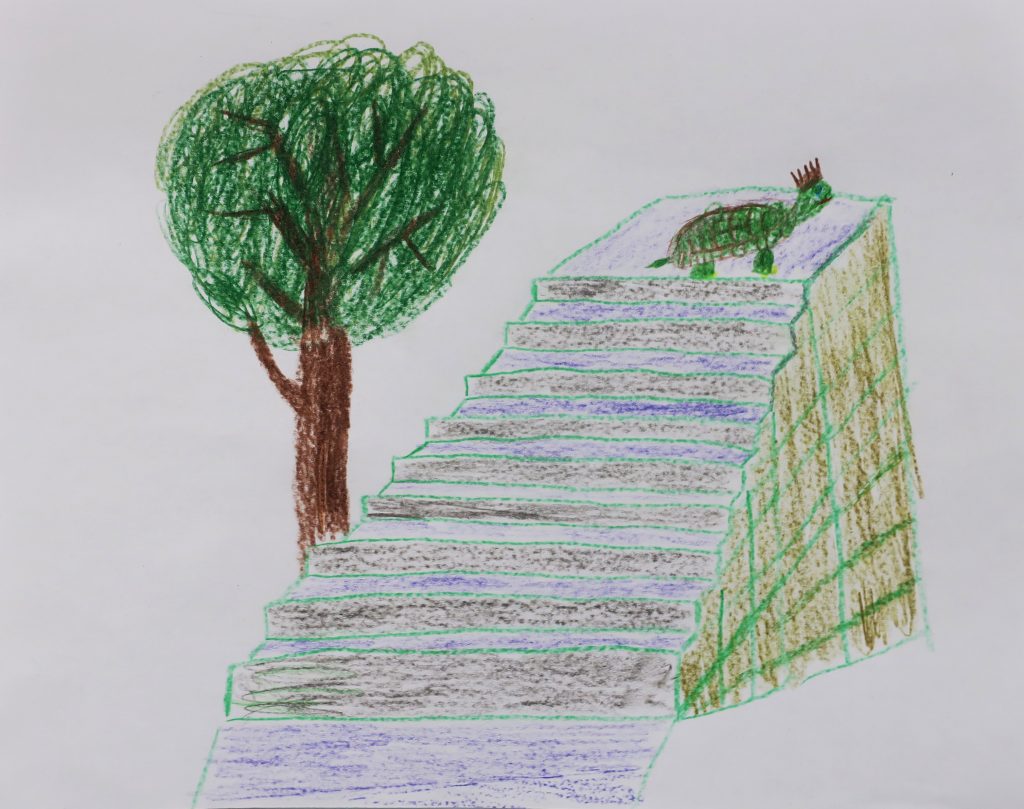It is now undeniable that the scythe of death has risen among us Angelenos, Americans, humans. We owe to Earnest Becker recognition of the vital delusions we already use to ward off death’s everyday imminence. Those comforting delusions begin to slip when we see the world change drastically around us, knowing that the reasoning behind these changes is, specifically, about death. Imminent death leads to a feeling of terror, and sustained states of terror proceed to listless numbing, the deadening of thought, the degradation of hope. For those of us who tend depressive anyway, this all feels disturbingly validating.
It all feels like a validation of another creeping conceptual framework I have been wrestling with since my first bout of conscious depression in my early teenage years, that ‘mental illness’ is the right reaction to the reality of the world. At the time, this was the conviction that my personal hopelessness (privileged as it was, as I would not discover for another 20 years), was a fundamentally honest reckoning with the hopeless path I imagined for my future. Struggle, work, meaninglessness, spurts of hope dashed to the rocks by inevitable failure, loneliness and isolation punctuated by brief intense quasi-romances like those I imagined having with some of my fellow students that never erupted into anything more than a thought pattern in my head. And, at the end of all this work toil and meaninglessness, gradual decay and death. Those were the days.
Anyway, that framework is that so-called mental health is a capitulation, and that mental illness is actually more realistic, more in tune, just straight up honest about the contradictions the world confronts us with. A friend of mine expressed concern for all the people living with OCD right now in the time of no touch. “See, people with OCD are right!” It was my first thought. Common delusions for people with psychosis include worries about being exposed, being poisoned, being followed and observed, and being controlled by unknown forces. Mania allows, at the very least, motivated action.
“It is no sign of health to be well adjusted to a profoundly sick society,” said Krishnamurti, often quoted by me in public talks and private conversation. Being well adjusted is one of two things: being fully aware of and somehow at peace with the insane contradictions inherent in our every action, or being profoundly, blissfully ignorant of these contradictions. One is hard fought, inconsistent, unreliable but ultimately, on its good days, reasonably satisfying. The other is lazy, easy, and likely far more pleasant.
But blissful ignorance is pretty easily shattered in the face of undeniable reality. The most shocking scenes in fiction for me are the moments when a character suddenly realizes just how much his or her life just changed, a leap from increasingly anxious denial to sudden awed terror. This shit just got real.
It is early to say, but this feels like one of those moments in history when those of us with so called psychiatric illnesses might just be a little more prepared than everybody else to face this pandemic. We have already had to cope with the difficulty of reality. Welcome to the club.
